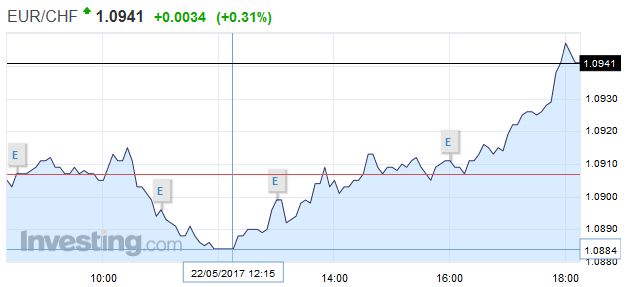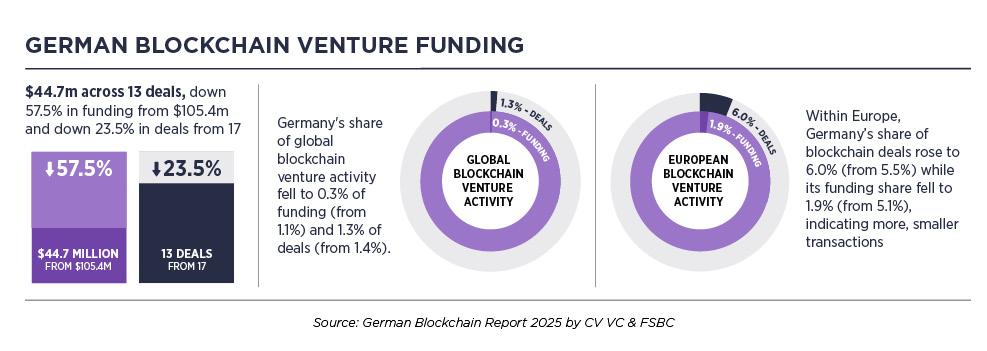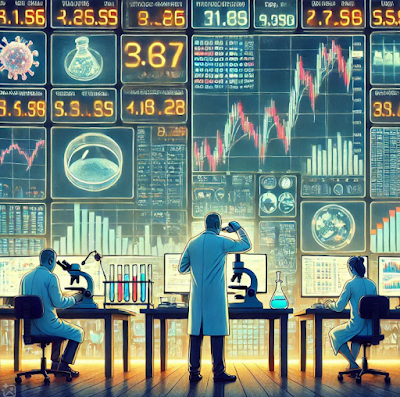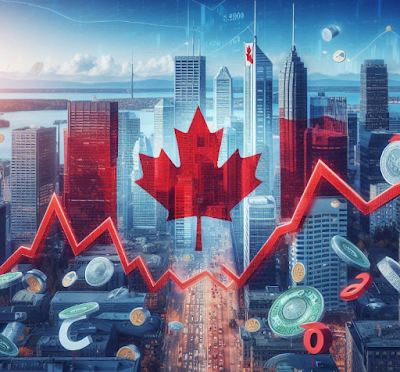Summary:
Markel said the euro was too weak, so it rallied.
This is not a new position for Germany.
Merkel may now tack to the left since the AfD appears to have been dispatched.
Look for Weidmann to begin moderating views or becoming less antagonistic.
| The interruption of last week’s steady negative news stream from the US saw the dollar consolidate its recent losses. German Chancellor Merkel’s comments ended this brief phase and sent the euro higher. Since the euro broke above $1.1100-$1.1130, we have been warning of potential toward the US election high of $1.13.
Merkel’s comments were not new, and the Chancellor may be as surprised as anyone with the market’s response. She said the euro was “too weak,” and blamed the ECB. Visiting a school in Berlin, Merkel’s comment was an answer to a question about German foreign policy. Merkel linked the low price of oil and weakness of the euro to the German trade surplus. The EU, the IMF, and the US have been pushing Germany to boost domestic investment to strengthen the eurozone economy and offset its external imbalance, the size of which also violates European agreements. Merkel also seemed sympathetic to greater German investment. She also recognized that boosting German domestic consumption could reduce bilateral surpluses, like with France, but Merkel noted: “I can’t force people to buy Renault instead of a VW.” Germany will provide an update of its Q1 GDP estimate tomorrow. The initial estimate of 0.6%, the fastest in four quarters, will likely be reaffirmed. With this estimate, a detailed breakdown will be available. Private consumption is expected to have risen by 0.3%, the same as in Q4 16. The four, eight and 12 quarter average is 0.4%. One of the factors that may be holding back private consumption in Germany is the poor wage growth. By nearly all economists’ reckoning, there is not much slack in the labor market. Employment is the highest since reunification. Wage growth is miserly, rising 1.8% year-over-year in Q4 16 after a 3% increase in 2015. Part of the slowing was due to the base effect, and this should ease, so a rebound in measured wage growth would not be surprising. There have been three wage deals signed in this round of negotiations. In several other industries, the negotiations are not completed. In the public sector, a 2% pay increase this year and a 2.4% increase next year was agreed. In the iron and steel sector, a deal was worked out for 2.3% wage increase this year and 1.7% next year. In textiles, a 2.7% wage increase this year and a 1.8% hike next year was agreed. First, if full employment in Germany is producing muted upside pressure on wages, can the outlook for rest of the eurozone be much better? Second, if wages do not show greater upside pressure, can core inflation find much traction? This is not a theoretical issue. Last week, ECB President Draghi shared a similar assessment when he sought to explain the cautiousness toward the inflation outlook in Europe. What would the effect be of a stronger euro on European trade? If the euro’s rise is part of a global reflation story, a stronger euro would not necessarily generate a small surplus. However, in a subdued global growth environment, we suspect that a stronger euro would do more to squeeze the competitiveness of French and Italian exports, for example, than German. The cheap euro (OECD estimates it to be 19.3% undervalued) is flattering the profit of German exporters but is not the ultimate cause of the imbalance. Economists, unlike policymakers, argue that trade imbalances are a function of savings and investment. |
EUR/USD - Euro US Dollar, May 22(see more posts on EUR/USD, ) |
| It would seem true of Merkel’s modus operandi. She had tacked to the right, and with their own participation, dispatched the AfD. Now, if true to form, will tack to the left and outflank the Social Democrats. Greater domestic investment is such an issue.
We have suggested to longer term investors that a post-Draghi ECB should be on radar screens. Draghi’s term does not end until mid-2019. The way Europe does things, it should be a German’s turn. It was supposed to be a German turn now, but Merkel’s candidate, Weber, quit over a policy dispute when Trichet was the President. This paved the way for Draghi. A German paper reported that Merkel is pushing for Bundesbank President Weidmann to succeed Draghi. This is hardly surprising and simply confirms what we long suspected. A decision is still several quarters away, but in the jockeying for position period, two developments should emerge. First, Weidmann has been more than a little antagonistic. Recall that he even testified in a case against the ECB before the European Court of Justice. This was not necessary, and the case was lost (involving if OMT, which has never been triggered, oversteps ECB’s authority). He is likely to moderate his views, and this process may have already begun. He was quoted in the press over the weekend, acknowledging that an accommodative stance is appropriate, while making it clear that the degree of accommodation is the key issue. Weidmann suggested that when inflation does turn, the ECB will have to act decisively. Perhaps it is similar to the old problem that Churchill experienced: he was needed to fight the war, but Britain decided a different type of leader was needed for peace. Draghi, the Roman Prussian, and his unorthodox approach may have been necessary to address the crisis following Trichet and his rate hikes. However, as confidence in the recovery and new expansion deepen and broaden, a return to orthodoxy in monetary policy seems a likely scenario. Second, it will be interesting to see what other candidates arise. It is too early to have another French candidate, and another Italian can be ruled out. Two alternative candidates come to mind. If a balance between creditor and debt nations rather than national identities are key, then Austria’s central bank Governor Nowotny is a potential candidate. On the other hand, the ECB’s chief economist Praet, who is half German (mother was German) and half Belgian (from his father), may also be an interesting compromise candidate. He is seen a moderate and not as controversial as Weidmann. There is nothing sacrosanct about the $1.13 level. Last year’s high was set near $1.1615. Ahead of that the charts suggest $1.1400 may be difficult to break, at least initially. Technical indicators are stretched, and the euro is through its upper Bollinger Band (~$1.1210), but are not suggesting a top is at hand. The ECB cannot be completely happy with the price action. The backing up of interest rates and the euro’s strength is neutralizing the effect of the accommodative monetary policy. On a trade-weighted basis, the euro is at two-year highs. In the past month, the euro has appreciated by about 3.7% on a trade-weighted basis, which is tantamount to a tightening of monetary conditions. We peg support in the $1.1080-$1.1100 area. |
EUR/CHF - Euro Swiss Franc, May 22(see more posts on EUR/CHF, ) |
Full story here Are you the author? Previous post See more for Next post
Tags: #USD,$EUR,ECB,EUR/CHF,EUR/USD,Germany,newslettersent





































